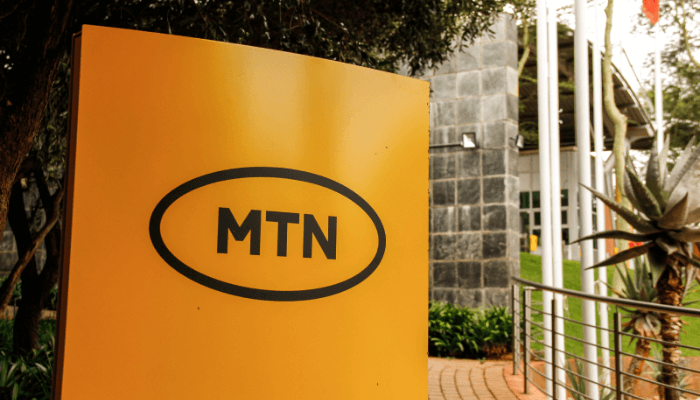
Why Is My MTN Network Slow or Not Working? [Updated]
Slow or unreliable MTN network speeds in Nigeria can be frustrating, especially when you’re trying to stay connected. You might want to dig deeper if you’ve already tried the usual fixes like rebooting and tweaking settings without success. There are several factors that could be affecting the performance of your MTN network.
Find out what could be causing a sluggish MTN network and what you can do to speed it up.
Key Takeaways
Network Congestion: High user demand during peak times can slow down your MTN connection.
Signal Interference: Physical barriers and electronic devices weaken network signals.
Outdated infrastructure: Old network hardware can hinder MTN’s performance.
Heavy Data Usage: Streaming and background apps can strain the network.
Weather Conditions: Adverse weather can disrupt network connectivity.
Network congestion
What Is Network Congestion?
Congestion occurs when the volume of data traffic exceeds the network’s capacity, resulting in slower speeds. Many users are online at the same time during peak hours or in densely populated areas.
How to Manage It
-
Avoid Peak Hours: Use data services during off-peak hours.
-
Check Network Upgrades: Stay informed about MTN network improvements.
MTN is constantly improving infrastructure and optimizing resources in order to alleviate network congestion.
Signal interference
What Causes Signal Interference?
There are several factors that can weaken MTN’s signal, including:
-
Physical Obstacles: Buildings, trees, and hills can block or degrade signal strength.
-
Electronic Devices: Microwaves and cordless phones can interfere.
-
Weather Conditions: Heavy rain and storms can affect signal transmission.
Tips to Reduce Interference
-
Position Your Device Wisely: Use your phone in open areas with minimal obstructions.
-
Minimize Electronic Interference: Keep other electronic devices away from your network equipment.
Weather conditions
The weather can have a significant impact on network performance. Here are some examples:
-
Heavy Rain and Thunderstorms: These can disrupt signals and slow connectivity.
-
High winds and storms: Damage to infrastructure can lead to instability.
-
Extreme heat: Overheating equipment can affect performance.
Outdated network infrastructure
Why infrastructure matters
MTN’s network infrastructure can limit its ability to deliver fast speeds. There are several key issues to consider:
-
Lack of investment: Limited upgrades can slow speeds.
-
Hardware Limitations: Older equipment may not handle current data demands effectively.
-
Maintenance Issues: Poor maintenance can hinder network efficiency.
What You Can Do
-
Stay Updated: Follow MTN for infrastructure upgrades news.
-
Report Issues: Contact MTN customer service to report ongoing problems.
Heavy data usage
Impact of high data consumption
Data usage from streaming high-definition videos, online gaming, and downloading large files can slow down your connection. Apps that use data in the background can also strain the network.
How to Manage Data Usage
-
Limit Streaming Quality: Choose lower-resolution videos.
-
Disable Auto-Updates: Turn off automatic app updates to save data.
-
Use Wi-Fi: Connect to Wi-Fi whenever possible to reduce mobile data usage.
Frequently Asked Questions
What makes the MTN Network slow?
Slow MTN network speeds can be attributed to network congestion, limited coverage, outdated infrastructure, and high data usage. Technical issues and maintenance work can also impact speed.
How Do I Fix MTN Network Problems?
Try configuring your APN settings correctly. On devices like Redmi or Tecno, you can create an APN profile with specific details to improve speed. Also, contact MTN customer service for additional assistance.
Why is the Internet so slow in Nigeria?
Slow internet speeds in Nigeria are due to outdated infrastructure, high demand, and limited investment. Geographic and demographic challenges, along with regulatory issues, can also affect internet performance.
What challenges does MTN face?
MTN faces challenges, including network congestion, outdated infrastructure, and user complaints about connectivity issues. Despite these challenges, MTN continues to work on improving network performance and customer service.
Conclusion
The reasons for slow MTN network speeds in Nigeria can range from congestion and signal interference to outdated infrastructure and heavy data usage. By understanding these issues, you can better manage your connectivity.
Please contact MTN customer support if you experience persistent problems. It is possible to ensure a more reliable and faster network experience by staying informed and proactive.
For further details, visit the MTN Nigeria website or follow them on Twitter and Facebook.
Leave a Reply